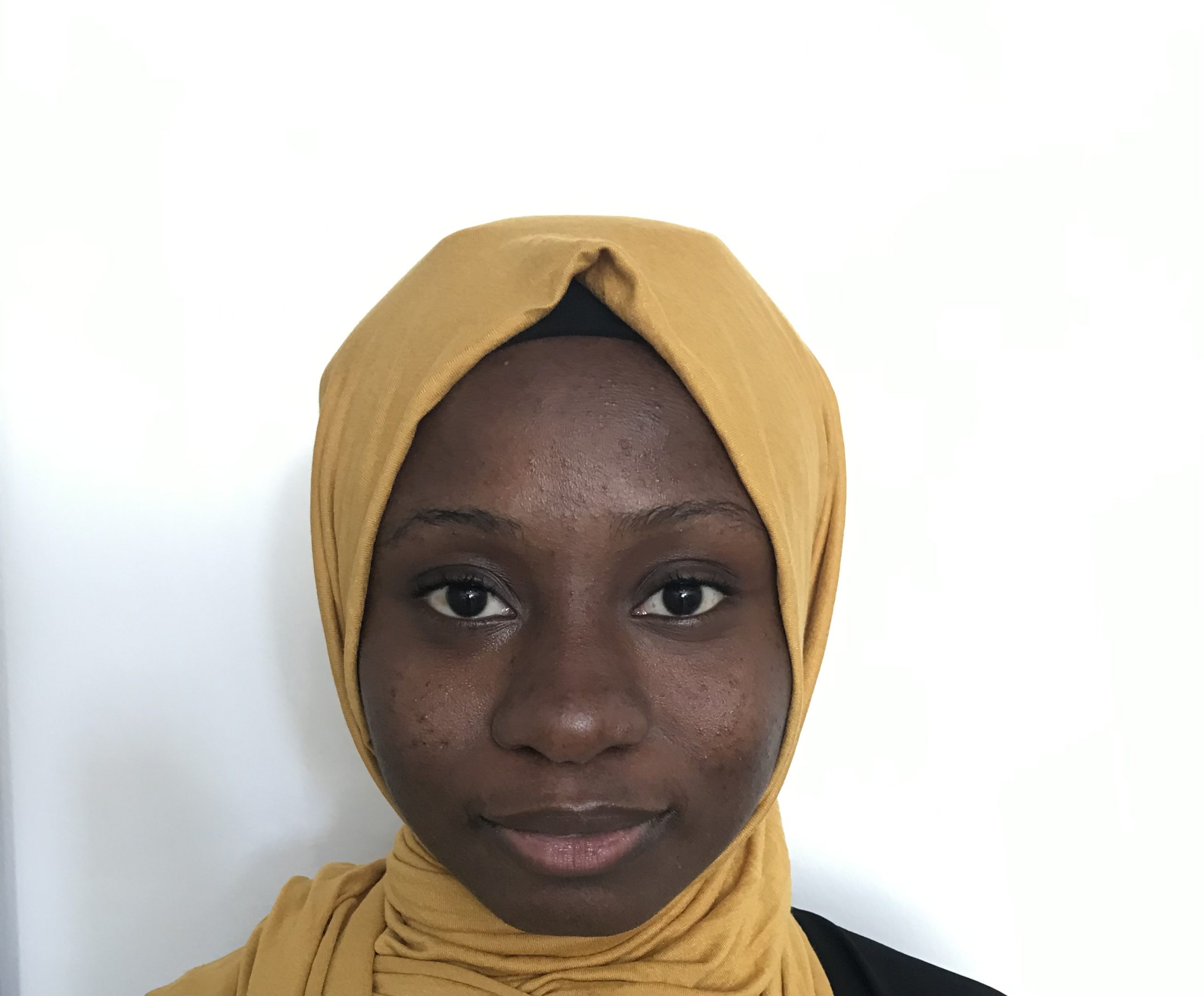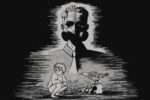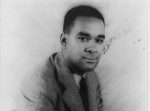CW: Sexual Assault
Nigerian literature has grown tremendously in the last 50 years. From early writers like Chinua Achebe and Wole Soyinka (who won the Nobel Prize in literature in 1986) to more contemporary writers like Chimamanda Ngozi Adichie, the number of stories depicting the Nigerian experience has increased. The following contemporary novels are must-reads in the New Year.
“Stay With Me” by Ayọ̀bámi Adébáyọ̀
“Before you call the snail a weakling, tie your house to your back and carry it around for a week.”
“Stay With Me” spans 25 years and is set against the political turmoil of 1980s Nigeria. It tells the story of Yejide and Akin, university sweethearts who have difficulty getting pregnant after years of marriage. Polygamy is relatively common in their community, but they both agree that it is not for them. However, things become complicated when Yejide’s meddling in-laws intervene and introduce another woman for Akin to marry, breaking the common misconception that infertility in a marriage is solely the fault of the woman and has nothing to do with the man. This new development takes a psychological toll on Yejide, and she resorts to desperate measures in order to conceive and save her marriage.
The story examines how loneliness manifests itself in a relationship. As she deals with miscarriages and the growing distance between her and Akin, Yejide feels very alone, despite the fact that she is still married. In an interview with Vogue, Adébáyọ stated that she is fascinated by the widespread thought that romantic relationships are supposed to cure loneliness. “I think a large part of being human centers on the state of being alone, and we try to mitigate that in so many ways… I wanted to look at how it was possible to have an intensely intimate relationship like Yejide and Akin’s, and still feel very much alone for their own reasons,” she explained.
The book comments on how society approaches sensitive issues like infertility and child loss. Additionally, it explores the communication gap that exists between an older generation that still adheres to old beliefs and superstitions and a younger generation that is more open-minded. The topics covered include infertility, motherhood, loss, heartbreak, male fragility and family dynamics.
“Love in Colour” by Bolu Babalola
“Time was constructed with love in mind.”
“Love in Colour” is a collection of short stories inspired by ancient folktales and myths from around the globe. The stories are set in various parts of the world, including West Africa, Greece, the Middle East and China. The stories prioritize female empowerment and agency; Babalola crafts them by deconstructing patriarchal elements of popular folktales and rewriting them in a distinct, imaginative and refreshing manner.
The book contains 13 stories, ten of which are modern retellings of ancient tales. The stories are based on folktales such as “The Cowherd and the Weaver Girl” (China), “Osun” (Yoruba Tribe, Nigeria), “Eros and Psyche” (ancient Greece), “Pyramus and Thisbe” (Mesopotamia), and “The Princess’ Wedding” (Asante Tribe, Ghana). In addition to the contemporary retellings of folktales, the anthology also includes three original stories written by Babalola. The final story in the collection, “Alagomeji,” is a story inspired by her parents’ lifelong friendship and love for one another.
“Daughters Who Walk This Path” by Yejide Kilanko
“Listen, my child, we do not abandon the business of living life just because of what people will say about us. Do people not even talk about the dead?”
“Daughters Who Walk This Path” is a compelling coming-of-age story about Morayo, a young girl raised in a close-knit middle-class family in Ibadan, Nigeria. She adores and is fiercely protective of her younger sister Eniayo, who is deemed bad luck because of her albinism. When a cousin sexually assaults her, her family forces her into oppressive silence as they refuse to deal with her trauma. She eventually finds solace in her aunt Aunty Morenike, who experienced similar trauma earlier in her life. Aunty Morenike assists her and provides her with the means to heal and understand her grief.
The book provides insight into some of the challenges Nigerian women face, and details how they navigate a patriarchal society and deal with injustice at the hands of powerful men. It’s a story about sisterhood and female solidarity that demonstrates how alliances between women can be used to combat oppressive behavior.
“Americanah” by Chimamanda Ngozi Adichie
“She rested her head against his and felt, for the first time, what she would often feel with him: a self-affection. He made her like herself.”
“Americanah” is a term used to describe Nigerians who have spent time in America and are no longer accustomed to the way of life in Nigeria when they return. They may speak with American accents, refuse to eat Nigerian food or make frequent references to their lives in the United States.
“Americanah” is a thought-provoking novel about the experiences of a Nigerian immigrant in America. It tells the story of Ifemelu and Obinze, two childhood sweethearts living in military-ruled Nigeria. Like many Nigerians, they grew up with romanticized views of the West largely shaped by the literature and media they consumed. In the midst of incessant strikes at Nigerian universities, Ifemelu takes advantage of an opportunity to continue her studies in Philadelphia with plans for Obinze to join her later. However, unexpected circumstances end up changing the trajectories of both their lives.
Upon her arrival in America, she discovers for the first time what it means to be Black, and over the course of the novel, attempts to navigate the culture shocks she experiences in the U.S. She eventually starts a blog, which provides social commentary on race and class. She also discusses the politics of Black hair in America and the various ways Black women are forced to conform to societal norms at the cost of their identity. Parts of the book are also told from Obinze’s point of view as he struggles as an immigrant in Britain, gets deported back to Nigeria and eventually finds his footing through sheer luck. It spans three continents and explores poignant topics such as race, identity, Black hair, love, interracial relationships, class and loneliness.

















